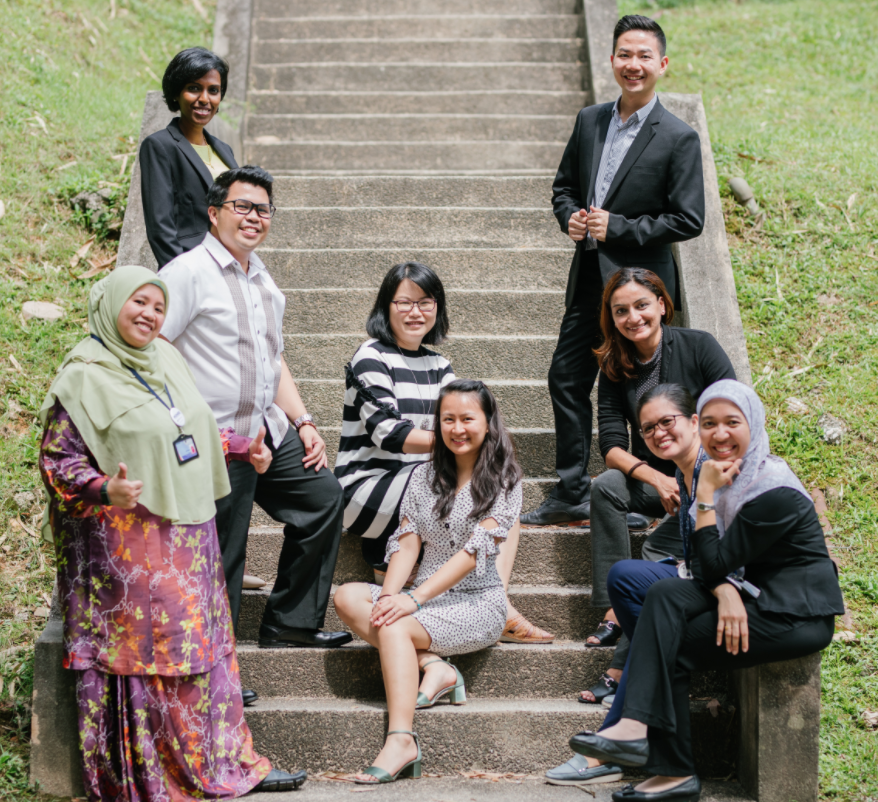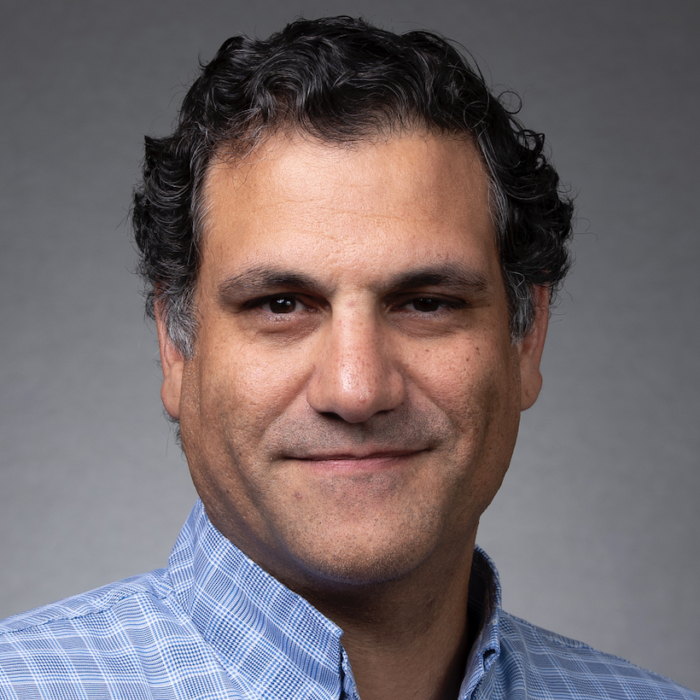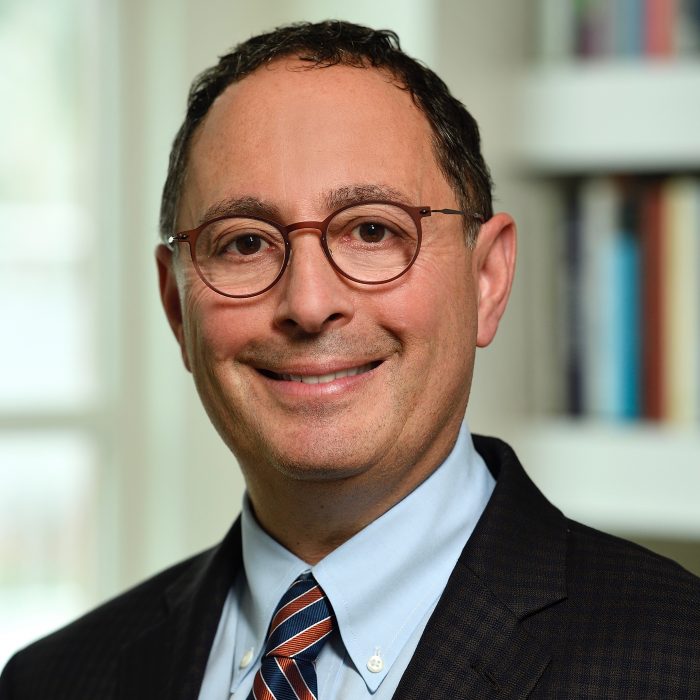A month-long training program offered each June, the Johns Hopkins Global Bioethics Training Program (GBTP) combines intensive coursework with applied, skill-oriented learning to enhance participants’ knowledge and skills in international research ethics.
The next session will take place June 1-30, 2021. Download the Program flyer here.
PROGRAM OVERVIEW
Program participants are enrolled in two different non-credit week-long intensive courses Foundations of Bioethics and Introduction to Research Ethics (with options to substitute other courses). Courses are taught by Berman Institute faculty from the Johns Hopkins University’s world-renowned schools of Medicine, Public Health, Nursing, and Arts & Sciences.
In addition, participants will meet with key personnel from JHU Institutional Review Boards (IRBs) and participate in special seminars, mock IRB sessions, expert-led case discussions, student-led presentations, manuscript and grant writing tutorials, and individual or small group meetings with JHU bioethics faculty to provide mentorship and guidance related to educational, career, and research goals.
GBTP activities also include structured meetings with bioethics personnel at the US National Institutes of Health(NIH), US Food & Drug Administration (FDA), and the US Office for Human Research Protections (OHRP).
Program tracks
Though not required to do so, participants may register for one of two program tracks: a Global Bioethics Scholars track or an Institutional Review Board (IRB) Practice track.
In partnership with IRBs at Johns Hopkins University, the IRB Practice track caters in different ways to the practical needs of trainees who are, or seek to become, either IRB administrators or members.
The Global Bioethics Scholars track offers the unique opportunity for an immersion in the substance and practice of academic research ethics. Trainees will receive individual mentorship on topic areas of interest and research in progress.
THE PROGRAM INCLUDES
- Orientation to Johns Hopkins University resources and local region
- Two separate week-long JHU Berman Institute Bioethics Intensive courses
- Organized schedule of activities with either a scholarly or IRB practice focus
- One month furnished apartment
- One month health insurance
- All local transportation to and from airport and Washington, DC, for meetings and seminars
- Certificate of completion
TUITION AND FEES
$8,500 USD (airfare, visa fees and stipend not included)
FOR ADDITIONAL INFORMATION AND TO REGISTER
Program Contact
Joseph Ali, JD
Johns Hopkins Berman Institute of Bioethics
1809 Ashland Avenue, Room 208
Baltimore, MD 21205 USA
Phone: +1-410-614-5370
Email:[email protected]
Registration
Applications from clinical/public health researchers, research ethics committee professionals, ethics scholars and others are welcomed. To allow sufficient time for visa processing and to secure housing, international applicants should apply no later than 15 February. Earlier application is strongly encouraged.
A completed registration form (PDF) and a CV/resume should be sent via email to [email protected]. Registration will be confirmed via email and letter.
PROGRAM LEADERSHIP


